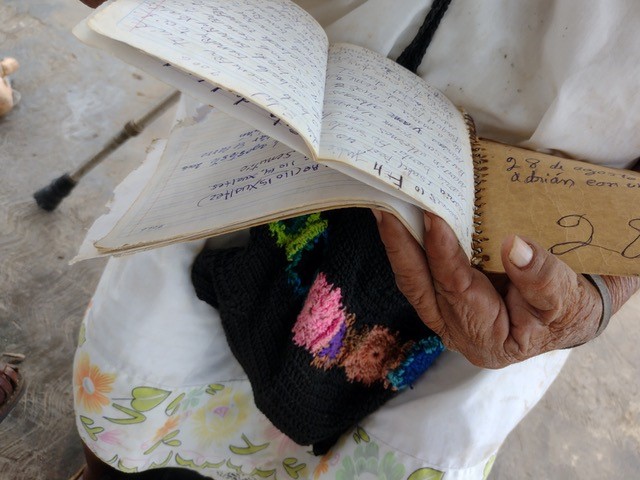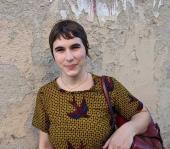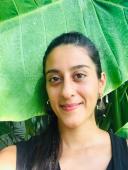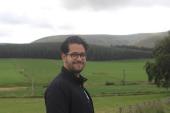Living and archiving Sotuta’s foodways, Yucatan
Project, IF-PRJ-0001

Phase 2 Projects - Commissions (Sep 2022-Sep 2023)
Central and South America
https://imaginingfutures.world/projects/animating-cycles-for-living-and-archiving-the-foodways-of-a-maya-community-in-yucatan/
Central and South America
Synopsis and Position
Our project integrated archiving into the everyday life of Sotuta, a Maya community in Yucatan, Mexico. Over a year, fourteen residents, almost all women from a wide age range, documented the foodways of the town, involving their family members, friends, and neighbours. Each chose the topic they would document, which included medicinal and culinary recipes, kitchen gardens, the wilderness, the relationship between humans and plants and animals, agricultural practices, festivities and traditions, and memories of past life experiences, among others. Together, they collected over 4000 images, videos, and handwritten documents, they restored a mural documenting Sotuta’s embroiderers, cross-stitched calendars, embroidered memory journals, and hand sewed dolls. They created the multimedia archive by incorporating their record collection into their routines. That is, they integrated self-archiving into their life, firmly positioning themselves as historical actors through the quiet processes of the everyday. Through regular meetings, community workshops, and an exhibition, in partnership with with local grassroots project Cultiva Alternativas de Regeneración, Solares Huertas Agroforestales,andComunidad escuela campesina de agricultura regenerativa y agroforestería Maya,we also created spaces of intergenerationaltsikbal, intimate dialogue, to share experiences, records, memories, and emotions, reinforcing collective memory. With this, the project intertwined the tangible with the intangible. Living and archiving Sotuta’s foodways has helped revitalise sustainable practices for food sovereignty and the defence of Maya identity, memory, territory, and ways of living.Objectives and Methods
Through workshops that will follow the Tzolk’in count of 260 days (the time it takes for corn to mature), the community will gestate a transmedia archive from text, audio, video, and image with memory objects, such as embroideries, and interventions in public spaces. The archive seeks to be a source of inspiration, reflection, and agency, and it will be a central tool in the regenerative agroforestry school and the women’s kitchen gardens initiative for food sovereignty as they counter the threats of climate change, urbanisation, poverty, migration and the abandonment of agricultural and culinary practices. With this, we seek to foster a way of experiencing the present, with a consciousness of its ties to the past, and an understanding of how one can shape the future.Workshops and Events
In December 2022, we held an open community workshop to diagnose and self-reflect on the current state of memory-keeping and set the direction, parameters, and objectives of the project. This was followed up by another workshop in March 2023 to evaluate, reflect upon, and adjust the course of action. Finally, in November 2023, we presented the results in an exhibition open to the public to collectively analyse and systematise experiences and celebrate results. These community events allowed us to trace collective paths to reinvigorate locally grounded alternative and sustainable practices both through action and through memory work.Activities
Record collection took place in the quotidian life of the participants. They then met regularly over home-cooked meals consisting of traditional dishes and ingredients grown by the participants themselves. The meals opened a space of tsikbal to troubleshoot problems, learn from each other and get inspired. As their projects evolved, participants reported a transformation in their understanding of maintaining their foodways alive, acknowledging their roles as historical actors, and gaining tools to continue to do so. They also observed tangible changes in their lives, with individuals implementing newfound knowledge, such as using medicinal plants or altering agricultural practices, as well as gaining a sense of appreciation for their knowledge, experiences, and wisdoms, as well as that of others.https://imaginingfutures.world/projects/animating-cycles-for-living-and-archiving-the-foodways-of-a-maya-community-in-yucatan/
Loading...


